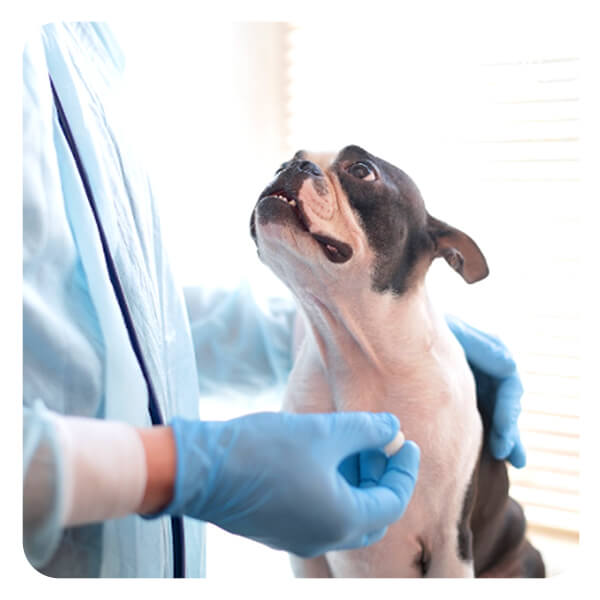 As dog owners, we want the best for our furry friends. Ensuring their health and well-being is a top priority. When our dogs are sick or in need of medical attention, we turn to a very important person – the veterinarian. But have you ever wondered what exactly a veterinarian does? Let’s delve into the world of these animal healthcare professionals and gain a better understanding of their crucial role in keeping our beloved pets healthy and happy.
As dog owners, we want the best for our furry friends. Ensuring their health and well-being is a top priority. When our dogs are sick or in need of medical attention, we turn to a very important person – the veterinarian. But have you ever wondered what exactly a veterinarian does? Let’s delve into the world of these animal healthcare professionals and gain a better understanding of their crucial role in keeping our beloved pets healthy and happy.
Veterinarians are the unsung heroes of our pets’ lives. They are highly trained medical professionals who specialize in providing healthcare for animals of all shapes and sizes. Their primary goal is to ensure the well-being of our furry companions, just as doctors do for humans. Whether it’s a routine check-up, a vaccination, or emergency surgery, veterinarians are there to provide the essential care our pets need.
When you take your dog to the veterinarian, the first thing they do is perform a thorough physical examination. This examination helps the veterinarian assess your dog’s overall health, detect any potential issues, and develop an appropriate treatment plan if necessary. From checking your dog’s weight and temperature to examining their eyes, ears, and teeth, the veterinarian leaves no stone unturned in ensuring your dog is in good health.
In addition to routine check-ups, veterinarians administer vaccinations to protect our dogs from various diseases. These vaccinations are crucial in preventing serious illnesses and keeping our pets healthy. The veterinarian carefully assesses your dog’s lifestyle, age, and health status to determine which vaccinations are necessary. By staying up-to-date with vaccinations, you’re not only protecting your own dog but also contributing to the overall well-being of the canine community.
When our dogs fall ill or sustain an injury, veterinarians are there to provide the necessary care and treatment. Just like human doctors, veterinarians diagnose illnesses and injuries, prescribe medications, and perform surgeries when needed. Their expertise extends to a wide range of medical issues, from common ailments like ear infections to more complex conditions such as cancer or organ diseases. They also offer valuable guidance on nutrition, behavior, and overall wellness to ensure our dogs lead the healthiest lives possible.
Perhaps one of the most challenging aspects of a veterinarian’s job is dealing with end-of-life care. Saying goodbye to a beloved pet is never easy, and veterinarians play a crucial role in providing compassionate support during these difficult times. They offer guidance on pain management, hospice care, and euthanasia, ensuring that our pets can peacefully transition when the time comes.
In addition to their hands-on medical care, veterinarians also contribute to public health and animal welfare. They work to prevent the spread of zoonotic diseases (diseases that can be transmitted from animals to humans) and ensure that animals are treated humanely. Their dedication to the well-being of animals extends beyond individual pets and encompasses the broader impact of animal health on our communities.
The role of a veterinarian goes far beyond just treating sick animals. These dedicated professionals are advocates for the well-being of our pets, providing essential care, guidance, and support throughout our dogs’ lives. The next time you visit your veterinarian, take a moment to appreciate the invaluable work they do in keeping our furry friends healthy and happy.[/fusion_text]



